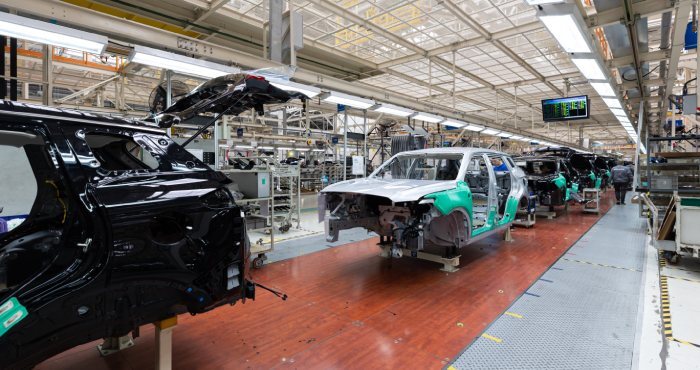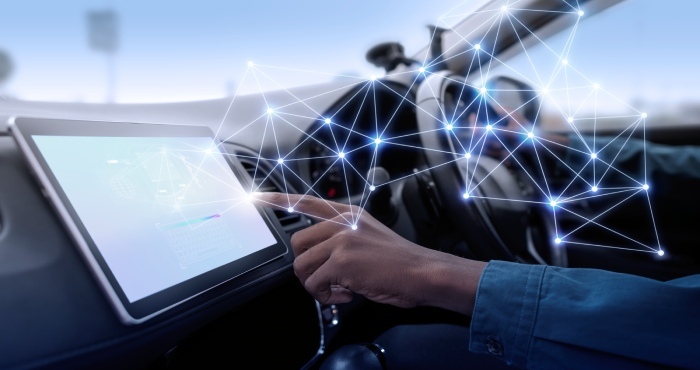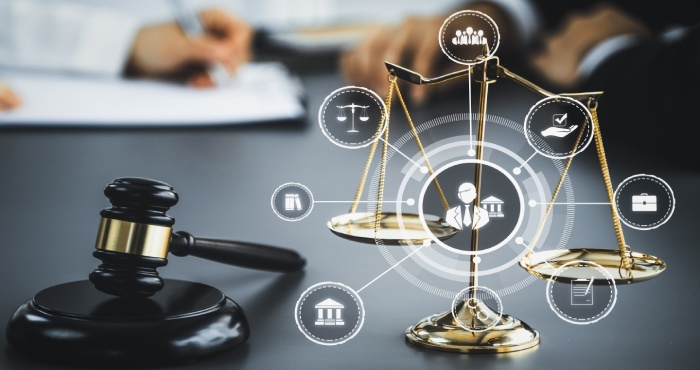The swift progress in autonomous vehicle (AV) technology is transforming the automotive industry, prompting important discussions regarding consumer rights and protections as outlined in current Lemon Laws. Originally intended to safeguard buyers from faulty vehicles, these laws face new challenges due to the intricacies of self-driving cars. As companies continue to innovate, it becomes essential for legal systems to evolve in order to tackle the distinct issues that arise with these advancements.
Understanding Lemon Law
Lemon Laws are regulations designed to protect consumers who buy faulty vehicles. Every state has its own interpretation of these laws, which generally stipulate that a vehicle must possess a significant flaw that affects its usability, worth, or safety. Additionally, the manufacturer or dealer must be given a fair chance to fix the issue. If the vehicle remains unrepairable after a certain number of attempts, the buyer is eligible for either a refund or a replacement.
The Rise of Autonomous Vehicles
Self-driving cars are no longer just a vision of the future; they are increasingly common on our streets.
- Major automotive manufacturers and technology leaders are pouring substantial resources into autonomous driving innovations, leading to a swift expansion of the AV market.
- By 2024, forecasts suggest that the worldwide market for these vehicles could approach $600 billion, with millions anticipated to be operational.
- As these cars become available, consumers are keen to enjoy advantages such as fewer accidents, reduced insurance premiums, and enhanced mobility options.
Nonetheless, the incorporation of cutting-edge technology in vehicles also raises important legal considerations, especially concerning Lemon Law claims.
The Influence of Autonomous Technology on Lemon Law Cases
Complexity of Defects
The emergence of self-driving technology adds complexity to the concept of vehicle defects. In conventional Lemon Law cases, problems typically involve mechanical failures that are straightforward to detect and fix. In contrast, with autonomous vehicles, defects can stem from software errors, sensor issues, or communication breakdowns. These types of problems are often harder to identify and resolve, resulting in disagreements about the existence of a defect and the adequacy of repair efforts made.
Liability and Responsibility
When it comes to self-driving cars, figuring out who is liable poses a major problem. If an autonomous vehicle experiences a failure, should accountability fall on the manufacturer, the software creator, or the owner? Existing Lemon Laws may not sufficiently tackle these intricate liability issues, complicating matters for consumers seeking to file claims. This lack of clarity can lead to extended legal disputes, often leaving consumers struggling to substantiate their arguments.
Data and Evidence
Self-driving cars produce enormous quantities of data that can be essential for identifying potential defects. Nevertheless, consumers often face difficulties in accessing this information. Manufacturers might hesitate to disclose sensitive data, and even when consumers manage to acquire it, understanding the data may necessitate specialized expertise. This situation underscores the importance of implementing regulations that promote transparency and ease access to vital information in California Lemon Law cases related to autonomous vehicles.
Unique Challenges in Lemon Law Claims for Autonomous Vehicles
The Role of Technology
With the increasing reliance on technology in vehicles, it’s crucial to differentiate between conventional mechanical issues and tech-related malfunctions. Customers might struggle to determine if a problem arises from hardware, software, or user mistakes. This uncertainty can make it challenging for them to file a Lemon Law claim since they need to pinpoint the specific type of defect accurately.
Evolving Definitions of Defects
The concept of a substantial defect may require reexamination in the era of autonomous vehicles (AVs). For instance, if a vehicle’s software malfunctions and fails to detect an object, this issue may not align with conventional definitions of defects. As technology progresses, it will be essential for Lemon Laws to evolve and clarify what constitutes a defect specifically for autonomous vehicles.
Consumer Knowledge and Advocacy
With the increasing prevalence of autonomous vehicles, it is essential to inform consumers about their rights related to California Lemon Law Lawyer. A significant number of consumers might not grasp the intricate details surrounding AVs and how these relate to Lemon Law claims. Advocacy groups will be vital in raising awareness and helping consumers understand their rights when facing potential issues with self-driving vehicles.
How Laws Are Adapting to Autonomous Vehicles
With the advancement of the automotive sector, it is essential for legal systems to evolve in tandem. Many states are starting to acknowledge the distinct issues presented by self-driving cars and are working to modify their Lemon Laws to address these challenges.
- Legislative Changes: Multiple states are updating their Lemon Laws to tackle challenges associated with autonomous technology. The goal of these revisions is to provide clearer definitions of defects, improve protections for consumers, and simplify the claims process for autonomous vehicles (AVs). For instance, legislators might mandate that manufacturers reveal comprehensive details about the technologies employed in AVs, highlighting their limitations and possible hazards.
- Standardization and Guidelines: An increasing number of advocates are pushing for standardized regulations to oversee autonomous vehicles. Such guidelines could outline optimal practices for producers, prioritizing safety and dependability in their offerings. By setting definitive standards, a more efficient system for handling Lemon Law claims concerning self-driving cars would emerge, simplifying the experience for consumers.
- Collaboration with Industry Stakeholders: Revising Lemon Laws to accommodate self-driving vehicles requires a joint effort from lawmakers, car manufacturers, and consumer advocacy groups. Through collaboration, these stakeholders can create thorough solutions that tackle the distinct issues presented by autonomous vehicle technology.
The emergence of self-driving cars introduces a blend of opportunities and challenges when it comes to Lemon Law claims. As autonomous technology advances, legal frameworks must adapt to address the unique issues these vehicles present. A Lemon Law attorney San Diego plays a crucial role in advocating for consumers as the laws evolve to accommodate self-driving cars. By recognizing the need for updated definitions, stronger consumer protections, and collaborative efforts among various stakeholders, legislators can ensure that Lemon Laws remain effective in safeguarding consumer rights in the age of autonomous vehicles.
As we explore this evolving landscape, striking a balance between technological progress and consumer safety will be vital for the future development of the automotive sector.




